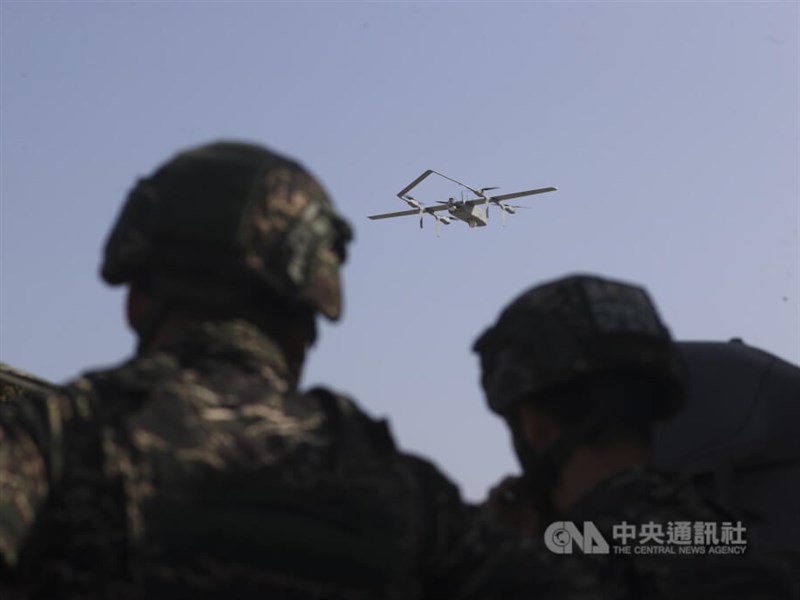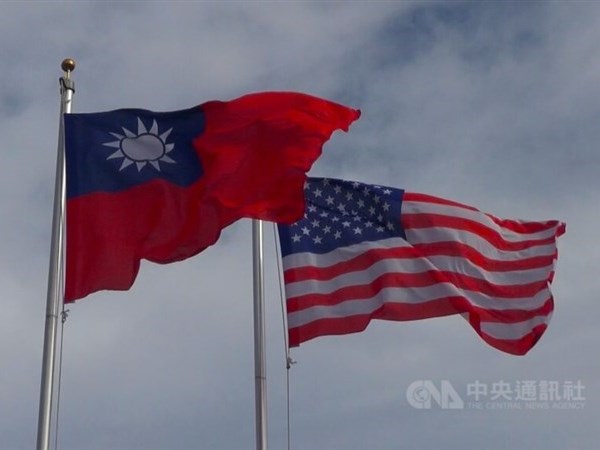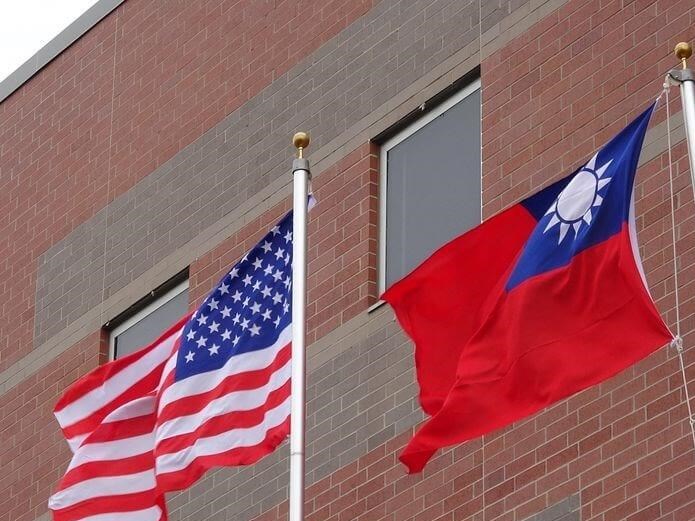DEFENSE / Decentralize Taiwan's military command for a more resilient force: Expert
09/04/2025 11:47 AM
Taiwan's military should decentralize its command and control structure, giving smaller frontline units more authority to shoot and move in the event of a conflict with China, a U.S. military affairs expert told CNA.
(Full text of the story is now in CNA English news archive. To view the full story, you will need to be a subscribed member of the CNA archive. To subscribe, please read here.)
More in DEFENSE
-
![U.S. think tank calls for 'hellscape' drone strategy for Taiwan]() U.S. think tank calls for 'hellscape' drone strategy for TaiwanA U.S. think tank has urged Taiwan to adopt a "hellscape" strategy that would flood the Taiwan Strait with drones and other uncrewed systems to deter a potential invasion by China.02/27/2026 12:00 PM
U.S. think tank calls for 'hellscape' drone strategy for TaiwanA U.S. think tank has urged Taiwan to adopt a "hellscape" strategy that would flood the Taiwan Strait with drones and other uncrewed systems to deter a potential invasion by China.02/27/2026 12:00 PM -
![New U.S. arms sales strategy favors Taiwan, but ambiguity remains: Experts]() New U.S. arms sales strategy favors Taiwan, but ambiguity remains: ExpertsThe United States' new "America First Arms Transfer Strategy" could benefit Taiwan, though much will depend on how it is implemented and whether Taipei approves sufficient funding, U.S. defense experts said Wednesday.02/12/2026 12:31 PM
New U.S. arms sales strategy favors Taiwan, but ambiguity remains: ExpertsThe United States' new "America First Arms Transfer Strategy" could benefit Taiwan, though much will depend on how it is implemented and whether Taipei approves sufficient funding, U.S. defense experts said Wednesday.02/12/2026 12:31 PM -
![Washington's new arms sales strategy good for Taiwan: U.S. expert]() Washington's new arms sales strategy good for Taiwan: U.S. expertA U.S. defense expert has said that Washington's "America First Arms Transfer Strategy" is good for Taiwan but warned that continued delays in passing defense budgets could put Taiwan's status as a priority partner at risk.02/08/2026 04:09 PM
Washington's new arms sales strategy good for Taiwan: U.S. expertA U.S. defense expert has said that Washington's "America First Arms Transfer Strategy" is good for Taiwan but warned that continued delays in passing defense budgets could put Taiwan's status as a priority partner at risk.02/08/2026 04:09 PM
Latest
-
Politics
Taiwan-U.S. trade deal still in limbo: Premier
03/03/2026 01:06 PM -
Business
Taiwan's consumer confidence weakens slightly in February
03/03/2026 11:07 AM -
Business
U.S. dollar higher in Taipei trading
03/03/2026 10:42 AM -
Culture
Mandopop singer Sun Yanzi to perform at Taipei Dome in May
03/03/2026 10:22 AM -
Society
Heavy rain advisory in effect for Nantou County
03/03/2026 10:16 AM


